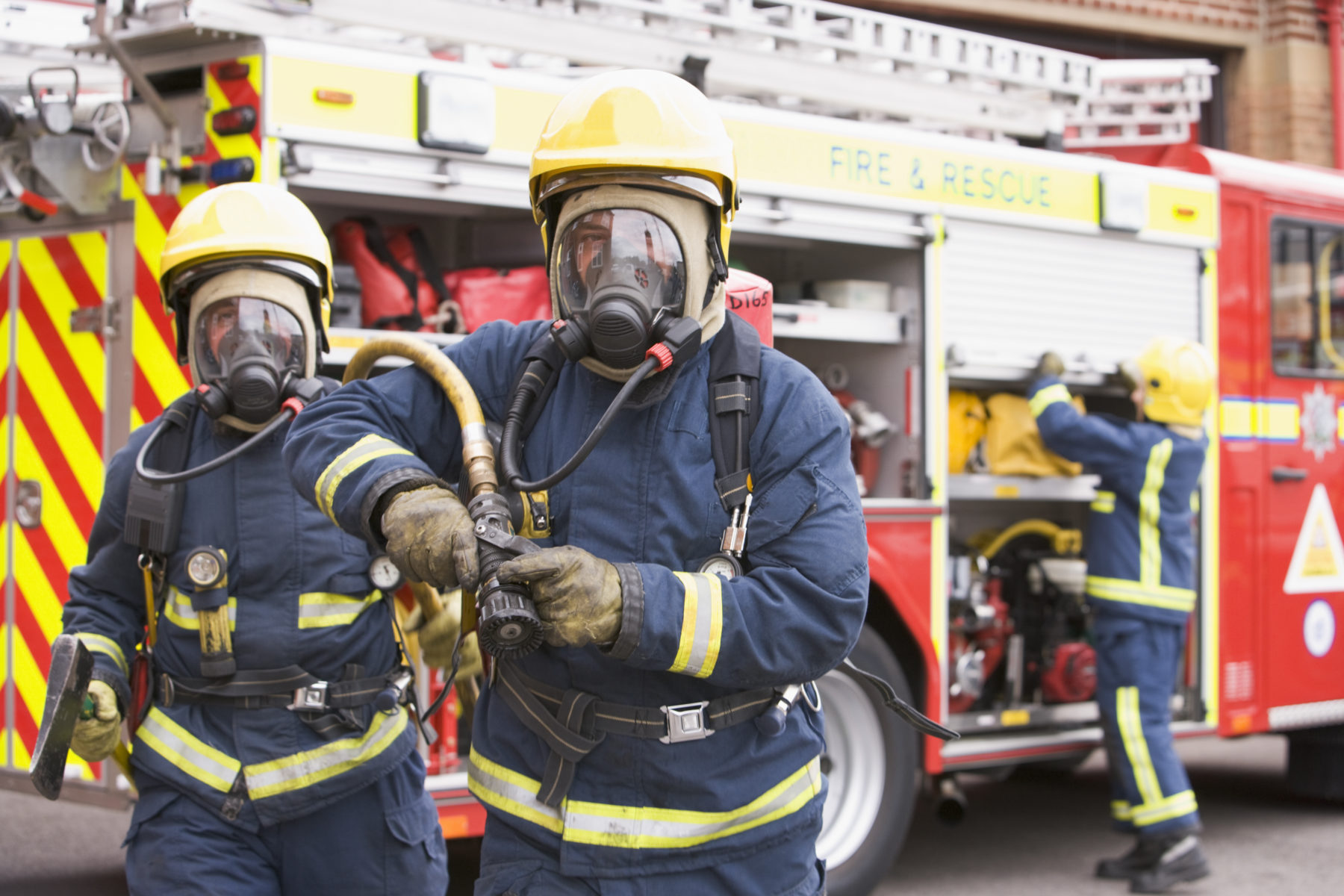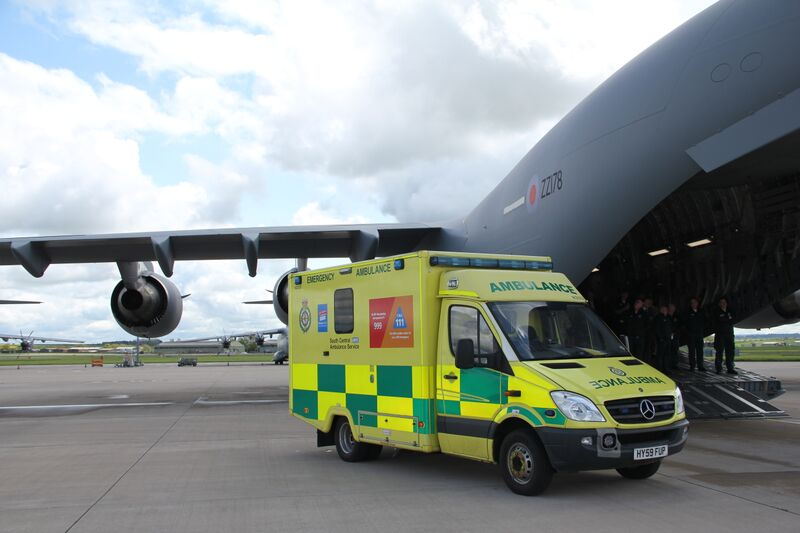
Changing Uniforms – Emergency Services
A career in the emergency services is an exciting and satisfying option for those leaving the Armed Forces.
By Dan Parton
Serving and protecting the public is in the DNA of all Armed Forces personnel, so in many ways looking at a role in one of the emergency services – Police, Fire and Ambulance – is a logical option for those returning to Civvy Street.
Many of the personal qualities needed to work in the emergency services are also similar to those required in the Armed Forces. For example, problem solving abilities or being able to work calmly under pressure, good communication skills, being a team player and so on.
As you’ll already realise, camaraderie is important. Working under pressure, emergency services personnel need to be able to trust and understand their colleagues – as is the case in the Forces, close bonds are often developed.
Recruitment
As has been covered regularly in the news recently, the numbers of people working in the emergency services – frontline and other roles – has been declining since 2010. For example, police numbers have declined by 18% and those working in the Fire and Rescue Service by 22%, according to FullFact.
That said, services are still recruiting, and a visit to your local police or fire service website will tell you if and when they are doing so in your area. Likewise, ambulance services are recruiting, check your local service’s website for details or go to NHS Jobs (www,jobs.nhs.uk).
Entry requirements
Entry to the emergency services is rigorous, as you would expect, given the stressful and physical nature of frontline roles. There are several rounds of interviews and tests you will need to successfully complete before you can take up a role.
You don’t need any formal academic qualifications – other than GCSEs or A-levels – to apply to be a police officer or firefighter.
Becoming a paramedic is slightly different. To practice as a paramedic you have to be registered with the Health and Care Professions Council. To do this, you need an approved qualification in paramedic science.
There are two main routes to attaining this. Firstly, you can study full-time for a qualification in paramedic science at university, and then apply to an ambulance service. But note that to get onto a course you will need five GCSEs and two or three A-levels, including a science at both levels. Alternatively, you can become a student paramedic with an ambulance service and study while you work. Again, you will need to have at least five GCSEs, including a science, to be considered.
Remember, in all of the emergency services, you will be expected to work a variety of shifts – day and night – as well as working weekends and public holidays.
Selection process
Once an initial application has been made to the Police, applicants have to meet certain criteria before they will be considered for a role (relating to, for instance, criminal records or financial problems).
To join, you first must fill out an online application form, providing evidence of your skills and competencies. There is also a situational judgement test, where candidates are given a variety of situations they may face as a police officer, with a choice of actions that might be taken. They will be asked to identify which action would be the most effective in each situation. Applicants that pass the test will then be given a telephone interview, and, if successful, invited to an assessment centre to complete a health and fitness test.
Finally, there is a panel interview and pre-employment checks. Successful candidates then undertake 18 weeks of intensive basic training including practical and operational policing skills, including finer points of the law – some undertaken online, some in a classroom environment.
Applying to the Fire Service is similar. Again, there is an initial online application form, and following that, an eyesight test and a face-to-face interview. Applicants who successfully come through this are then given a medical, as well as physical and psychological examinations.
Pay
A Police Constable’s starting wage in England, Wales and Northern Ireland
A trainee firefighter’s starting salary is £22,459. When full competence is achieved, this rises to £29,934. (This isn’t inclusive of overtime.)
For paramedics, salaries start at £23,023, with additional payments for working unsociable hours.
Non-frontline roles
There are plenty of other employment options in the emergency services, other than frontline roles. For instance, the Police require analysts that collate and study information to help detect and reduce crime, as well as other roles such as call contact handlers, who provide a professional response to emergency calls from the public.
In the Fire Service, there are roles such as community safety advocates, who work with at-risk people in the community advising them on fire safety and the like. There are also control operators that handle 999 calls ensuring that crews and equipment are dispatched to wherever they are needed, as quickly as possible. This is also a vital role in the Ambulance Service and includes taking essential information about the patient’s condition and location and recording the details onto a computer system. This information is then passed to an emergency medical dispatcher who decides how best to respond to the situation.
While recruitment can be tough, a job in any of the services can be very rewarding, with no two days the same.
More:
UK Fire Service Resources
www.fireservice.co.uk
College of Paramedics
www.collegeofparamedics.co.uk
College of Policing
www.college.police.uk



